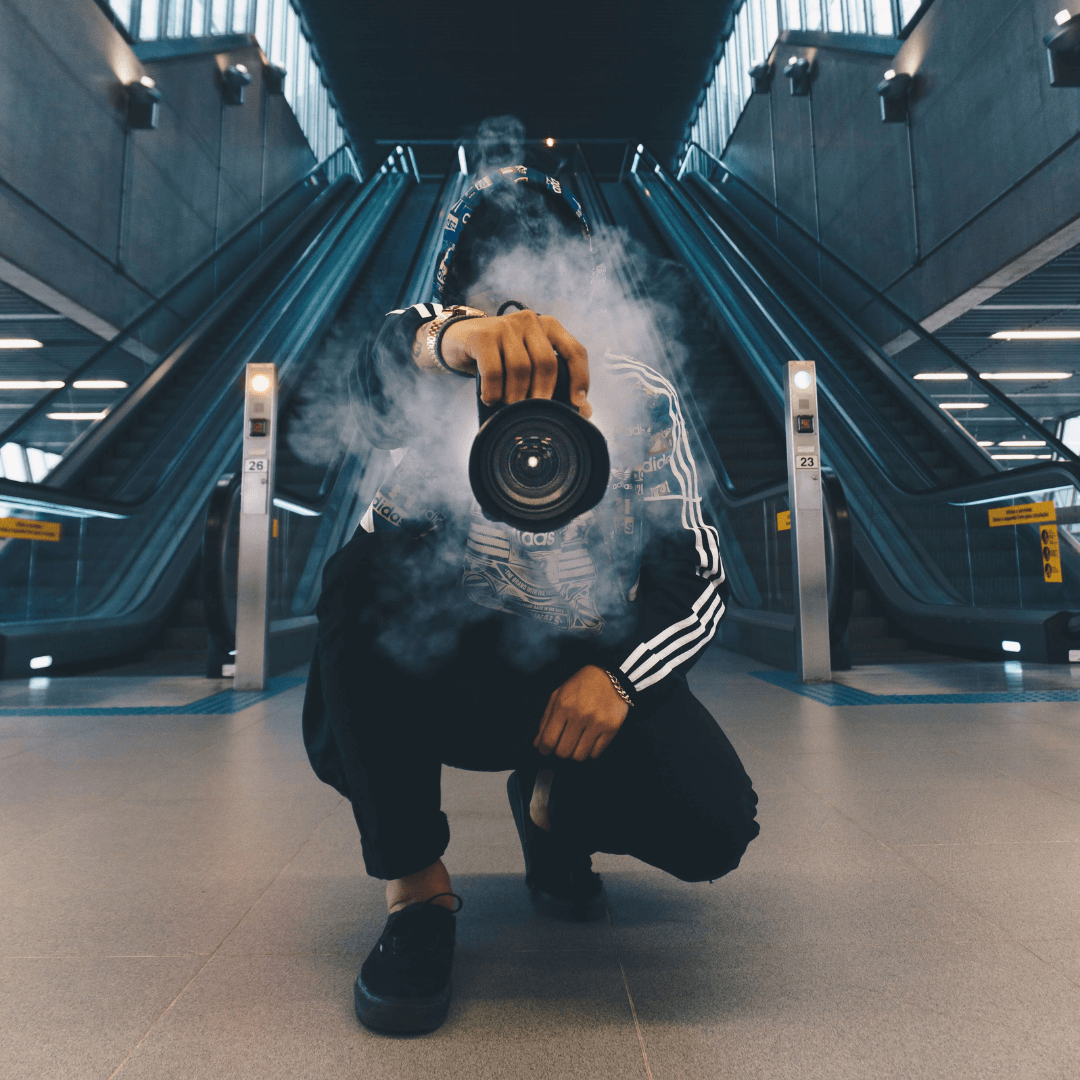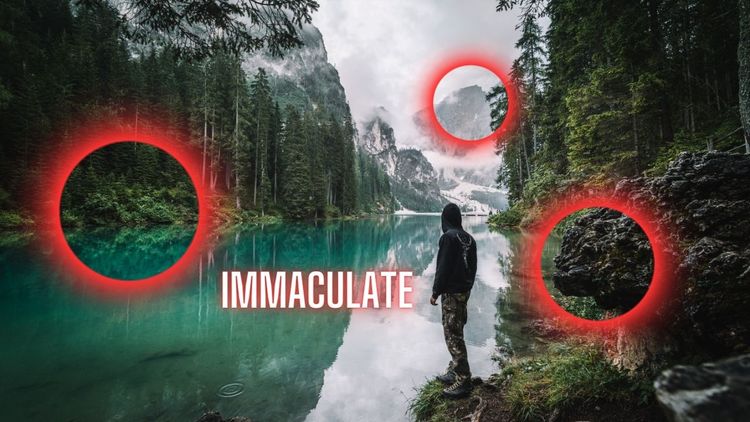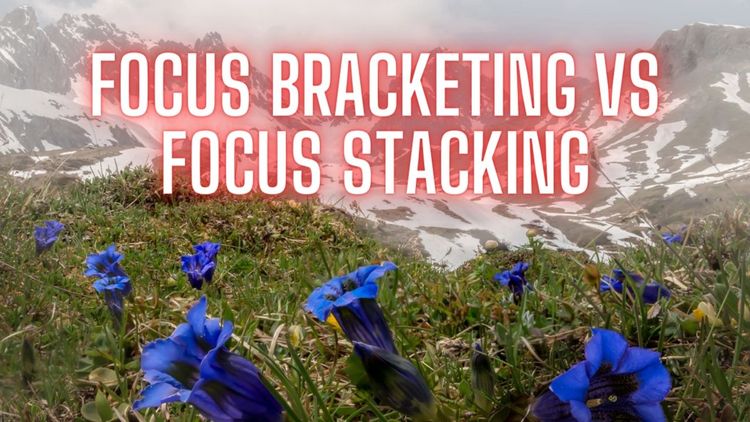How To Stop Camera From Overheating & Keep Your Camera Cool

How To Stop Your Camera From Overheating
To prevent your camera from overheating, it is important to allow your camera to cool down between uses.
Make sure you store your camera in a well-ventilated area and avoid exposing it to direct sunlight or other heat sources.
Additionally, if possible, limit how long you use the video mode on your camera and avoid recording for extended periods of time. When not in use, remove the battery and store your camera in a bag.
If your camera does overheat, turn it off immediately and allow it to cool down before attempting to use it again.
Finally, always keep the lens clean as dust can block airflow and cause the camera to overheat more quickly.
Prevent Camera From Overheating Checklist
- Avoid Direct Sunlight
- Use a Camera Box or Umbrella
- Change Temperature Settings To High
- Flip Out LCD Screen
- Get A Fast Memory Card
- Use Dummy Battery AC Adapter
- Shoot In Lower Resolution
- Set Up Fan Or AC
- Use Cold Gel Packs
- Take Breaks Inbetween
Why Do Cameras Overheat During Recording?
Cameras can overheat during recording for a variety of reasons. Hot weather and direct sunlight can cause the camera to heat up quickly, leading to overheating.
Recording at high resolutions and bitrates also requires more power from the camera, which can lead to overheating.
Low-quality memory cards may not be able to handle the high data rates required for these settings, resulting in overheating.
Finally, recording for a prolonged period of time puts extra strain on the camera’s components and can cause internal heat.
To prevent this, it is important to keep your camera cool when recording, as well as using high-quality memory cards and limiting recording times where possible.

How To Protect Your Camera From Overheating
In order to protect your camera from overheating issues, you should take certain precautions.
First, always keep your camera away from direct sunlight when its the hottest. You can use an umbrella or camera box when shooting outside as this will provide some shade and prevent the camera from overheating.
Second, flip out the LCD screen on your camera if it has one as this will reduce the amount of heat generated by the device.
Third, try altering some of the settings on your camera such as temperature from "standard" to "high", or decreasing resolution and increasing noise reduction; doing so may help reduce the amount of heat generated by the device.
Shooting in a lower resolution can also help prevent your camera from overheating. This is because lower resolutions require less processing power, which means less heat is generated.
Reducing the resolution also reduces the amount of data that needs to be processed, which helps reduce the strain on the camera's processor.
Another tip is to use a dummy battery which offers continuous power and reduces the battery drain and heat produced by the camera. This is especially useful when working in hot environments, as it will help to reduce the heat produced by the camera and improve its performance.
Additionally, it can also help to prolong the life of the battery, since it will not be constantly being drained.
Lastly, make sure to check for updates on a regular basis as new firmware versions may contain features that increase cooling efficiency.
Following these steps should help keep your camera from getting too hot and ensure that it functions properly for a long time.
How To Keep Your Camera Cool
Keeping your camera cool is important in order to prevent any damage to it while recording.
To do this, first look for an area that has good airflow. If possible, set up a fan near the camera to keep the air moving.
Next, record using an external monitor instead of recording onto the memory card internally as this can generate excess heat and cause your camera to overheat.
Additionally, try taking breaks whenever possible during long shoots so you can give your camera a rest and prevent it from becoming too hot.
You can also use ice gel packs but be sure not to place them directly on your camera as this can cause condensation or other issues.
With these tips, you should be able to keep your camera nice and cool!

Do Mirrorless Cameras Overheat Faster Than DSLRs?
DSLR cameras have a bigger camera body compared to mirrorless APS-C cameras, which are smaller and more lightweight. However, this difference in size can also create a disadvantage for the latter as they tend to overheat faster than DSLRs.
This is due to the fact that the components of the mirrorless APS-C camera are packed closer together, meaning there is less room for ventilation and heat dissipation.
At times of prolonged use, or when shooting in intense conditions, it’s possible for the camera body to become too hot, leading to poor performance or even a complete shutdown.
To avoid such an issue, it’s important to look at ways of cooling your camera down during extended use periods; such as using a fan attachment or taking regular breaks between shoots.
Does The Recording Limit Prevent Camera Overheating?
Camera manufacturers usually put recording limits in place for classification reasons, not necessarily because of overheating. However, recording for a long time will definitely have an impact on the heat generated within the camera.
This is due to the internal components working overtime and generating more heat than usual. To prevent any potential damage to the camera, these limits are imposed by manufacturers.
Additionally, as cameras become more complex with improved features and technology, they become more susceptible to heat-related issues. Therefore, it is important to be aware of how long you are recording and to take steps to reduce the risk of overheating your camera.
By following the manufacturer's guidelines and taking regular breaks while shooting or recording, you can help protect your camera from becoming too hot and potentially damaging its internal components.
Is It Normal For Cameras To Overheat While Filming?
Yes, it is normal for cameras to overheat while filming. This usually happens when recording continuously for a long time, or live streaming.
Different camera models have varying levels of heat tolerance, so it is important to research the type of camera you are using and find out what its limits are.
Additionally, if the environment you are filming in is very hot or sunny, your camera will be more prone to overheating.
To prevent this from happening, make sure that the area you are filming in is well-ventilated and cooled down as much as possible.
If you notice your camera starting to heat up while recording, take a break every once in a while to let it cool down before continuing.
Taking proactive steps like these can help keep your camera running smoothly and prevent any overheating-related issues.

Will My Camera Take Damage From Overheating?
When it comes to overheating, cameras are designed to shut off when they detect too much heat in order to protect them from damage.
However, if the camera is exposed to too much heat too often, there is a risk of it getting damaged. Overheating can cause a variety of problems such as degradation of internal components, battery swelling, and eventually permanent damage.
To avoid this, always keep your camera away from direct sunlight, high temperatures, and other sources of heat.
Additionally, make sure that the camera has adequate ventilation by regularly cleaning out any dust or blockages.
Lastly, keep an eye on the temperature of your camera by using a thermometer to measure its temperature and make sure it stays within a safe range.
Are There Any Consequences To Overheating During Recording?
Overheating during recording could have serious consequences. If the camera gets too hot, it may shut off as a safety measure to protect itself from further damage.
Furthermore, the files that have already been recorded could become corrupted and unusable.
If this happens too often, it can cause permanent damage to the camera, potentially leading to costly repairs or replacement.
It is important to ensure that your recording environment is cool and well-ventilated in order to avoid any issues with overheating.
Additionally, keeping the camera in a protective case or bag while not in use helps keep it cool and protects it from potential damage.
Taking these simple steps can help preserve your camera and ensure that recordings are of the highest quality possible.
We would love for you to subscribe to our cause and learn about everything new we post online.
Your supporter,
Ben





